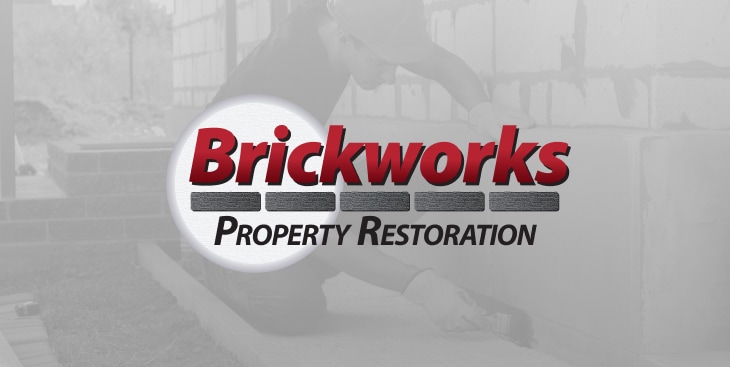

Why Are There Black Stains On Your Brick Walls?

Brick is one of the most popular materials with which to build schools, houses, hospitals, government buildings, and many other common building types. Brick is durable and, compared to many other materials, relatively inexpensive. However, brick does come with a few drawbacks. If you have lived or worked in a brick building for more than a few years, you might have noticed black stains growing on the walls.
So, why are there black stains on your brick walls? Do they pose a risk to your health? Most importantly, what can you do to get rid of these black stains? We will answer all of these questions and more, but first, let’s take a closer look at brick and why it can accumulate black stains over time:
Black or Dark Stains On Brick Wall Exteriors
Though you probably won’t see black stains if you have brick interiors, you will almost certainly see black stains on brick wall exteriors at some point. If you do see dark, black, or even green stains on the exterior of your brick home, there are a couple of possible culprits:
- Accumulated moisture.
- Dirt.
- Lichen.
- Moss.
- Algae.
Needless to say, the cause of your stain will determine how you can deal with it. It will also tell you if the problem could cause you any health concerns. Therefore, it is vital that you identify the underlying cause of a black stain before taking action.
How to Identify and Fix the Stain
The easiest way to see what’s causing the stain is to simply brush the area in question with a broom or even a (gloved) hand. If nothing falls off of the black stain, it’s likely accumulated moisture. While accumulated moisture is generally not a major issue, it can lead to a phenomenon known as spalling, in which moisture causes thermal expansion. Over time, this expansion can cause cracks, peeling, or other damage to your brickwork. So, if you believe that moisture has accumulated in your bricks, you should call a brick expert before any damage sets in.
Fortunately, if you find that the stain is merely an accumulation of dirt, this is an easy fix. You can usually brush away loose dirt in a matter of minutes. However, if you find that the dirt has hardened to the brick surface, you may need to pressure wash your walls to completely remove the dirt stain.
When black stains are caused by lichen, moss, or algae, you can generally use the same methods as you would with dirt. However, there’s always the chance that the lichen, moss, or algae could return with time. Moreover, lichen and algae can produce issues for people with asthma or allergy problems. So, it’s best to remove them from your brick wall as soon as possible.
Conclusion
In most cases, a black stain on your brick wall is not a cause for alarm. However, if you worry about the possible health effects of lichen or algae, you’ll want to fix the problem immediately. Additionally, allowing moisture to accumulate can eventually lead to expensive damage to the structure of your home. So, it’s best to call the experts at Brickworks Property Restoration before a black stain on your brick wall turns into a nightmare!
If you’d like to learn more about repairing or replacing your brick exterior, consult the experts at Brickworks Property Restoration today!
Contact Us
Contact Us Today


We're Built on a Foundation of Excellence
Check Out Our Awards & Certifications
- Angi Super Service Award 2023
- Nextdoor Neighborhood Favorite 2023
- A+ Better Business Bureau Rating
- Certified by the Environmental Protection Agency
- Certified Chimney Sweep

